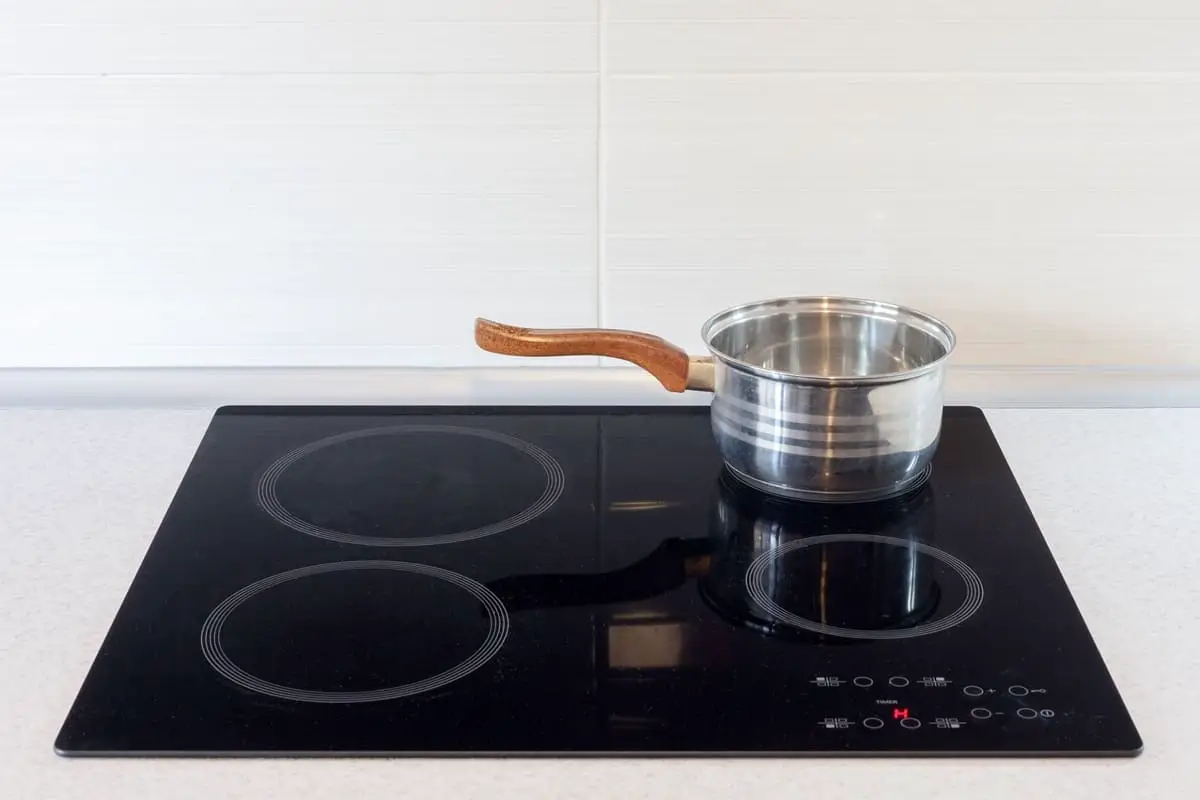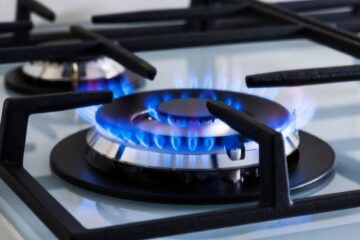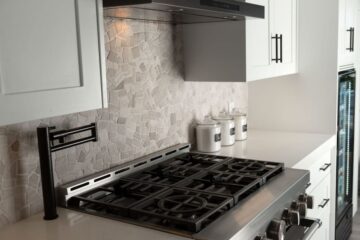Cast iron skillets are a staple in many kitchens, known for their durability and versatility. However, when it comes to using them on an electric stove, there may be some concerns. Can you use cast iron on electric stove without damaging either the skillet or the stove? The answer is yes, but with some caution and adjustments.
One of the main concerns when using cast iron on an electric stove is the potential for scratching or damaging the stove’s surface. It is important to avoid dragging the skillet across the stove or shaking it, as this can cause damage to the coils or grates. Additionally, cast iron skillets tend to retain heat for longer periods of time, which can be a challenge when cooking on an electric stove with coils that can get very hot.
However, with some adjustments and care, cast iron skillets can be used safely and effectively on electric stoves. Preheating the skillet on a lower heat setting and avoiding sudden temperature changes can help prevent damage to both the skillet and the stove. Overall, using cast iron on an electric stove is possible, but requires some extra attention to ensure a successful cooking experience.
Understanding Cast Iron Cookware
What is Cast Iron Cookware?
Cast iron cookware is a type of cookware made from cast iron, a material that is known for its durability and heat retention. Cast iron cookware is typically heavy and thick, and it is often used for cooking dishes that require high heat, such as searing meat or frying.
Cast iron cookware is often praised for its ability to distribute heat evenly and retain heat for a long time. This is because cast iron is a dense material that can store and release heat slowly, which makes it ideal for cooking dishes that require a consistent temperature.
Why is Cast Iron Cookware Popular?
Cast iron cookware is a popular choice among home cooks and professional chefs for a variety of reasons. Some of the most common reasons why cast iron cookware is popular include:
- Durability: Cast iron cookware is known for its durability and can last for generations with proper care.
- Versatility: Cast iron cookware can be used for a variety of cooking methods, including frying, searing, baking, and more.
- Non-stick surface: Over time, cast iron cookware develops a natural non-stick surface that makes it easy to cook with and clean.
- Health benefits: Cooking with cast iron cookware can add small amounts of iron to your food, which can be beneficial for people who are iron deficient.
Electric Stove Basics
What is an Electric Stove?
An electric stove is a kitchen appliance that uses electricity to heat up a heating element, which in turn heats up the cookware placed on top of it. The heating element is usually made of a metal coil or a ceramic glass surface. Electric stoves are a popular choice for many households as they are easy to use, affordable, and require minimal maintenance.
How Does an Electric Stove Work?
Electric stoves work by converting electrical energy into heat energy. When the stove is turned on, an electric current flows through the heating element, causing it to heat up. The heat from the element is then transferred to the cookware placed on top of it, which in turn heats up the food inside.
One of the main advantages of electric stoves is that they are easy to use. Unlike gas stoves, which require a flame to heat up the cookware, electric stoves can be turned on and off with a simple switch or button. They also heat up quickly and evenly, making them ideal for cooking a wide range of dishes.
However, there are also some disadvantages to using electric stoves. For example, they can be slower to heat up than gas stoves, and they may not be as responsive to changes in temperature. Additionally, some electric stoves can be prone to hot spots, which can cause food to burn or cook unevenly.
Using Cast Iron on Electric Stove
Cast iron cookware is versatile and durable, making it a popular choice for many home cooks. However, when it comes to using cast iron on an electric stove, there are a few things to keep in mind to ensure the best results.
Benefits of Using Cast Iron on Electric Stove
One of the main benefits of using cast iron on an electric stove is its ability to retain heat. This makes it great for searing meats and creating a crispy crust on dishes like cornbread. Cast iron also distributes heat evenly, which can help prevent hot spots and ensure that food is cooked evenly.
Precautions When Using Cast Iron on Electric Stove
While cast iron can be used on electric stoves, there are a few precautions to take. First, it’s important to be aware that electric stoves can heat up quickly, so it’s important to keep an eye on the temperature and adjust as needed. Additionally, cast iron can scratch glass cooktops, so it’s important to lift the cookware rather than sliding it across the surface.
Another thing to keep in mind is that cast iron can be heavy, so it’s important to use caution when handling it on an electric stove. It’s also important to make sure the cookware is fully dry before using it, as moisture can cause rust.
How to Use Cast Iron on Electric Stove
To use cast iron on an electric stove, start by preheating the skillet or pan on medium heat for a few minutes. This will help ensure that the cookware is evenly heated before adding food. Once the skillet is hot, add oil or butter, followed by the food.
It’s important to avoid using high heat on an electric stove, as this can cause the cookware to become too hot and potentially damage the skillet or pan. Instead, use medium heat and adjust as needed to ensure that the food is cooking evenly.
When finished cooking, allow the cast iron to cool before washing it with warm water and mild soap. Avoid using harsh abrasives, as these can damage the seasoning on the cookware.
Maintenance and Care
Cast iron cookware is durable and long-lasting, but it does require proper maintenance and care to ensure its longevity. Here are some tips on how to clean, season, and store your cast iron cookware.
How to Clean Cast Iron Cookware?
Cleaning cast iron cookware can be a bit tricky, but it is essential to keep it in good condition. Here are some steps to follow:
- After cooking, let the cookware cool down completely before cleaning it.
- Rinse the cookware with hot water and use a brush or sponge to remove any food residue.
- Avoid using soap, as it can strip away the seasoning.
- If there are stubborn stains or residue, use kosher salt and a little bit of oil to scrub the cookware gently.
- Rinse the cookware with hot water and dry it with a towel immediately.
- Avoid air-drying the cookware, as it can cause rust.
How to Season Cast Iron Cookware?
Seasoning is the process of creating a non-stick surface on the cast iron cookware. Here are some steps to follow:
- Preheat the oven to 350°F.
- Apply a thin layer of vegetable oil or melted shortening to the cookware, including the handles and the bottom.
- Place the cookware upside down on the middle rack of the oven.
- Bake the cookware for one hour.
- Turn off the oven and let the cookware cool down inside the oven.
- Repeat the seasoning process every few months or as needed.
Storage Tips for Cast Iron Cookware?
Proper storage is essential to prevent damage and rust on your cast iron cookware. Here are some tips to follow:
- Make sure the cookware is completely dry before storing it.
- Avoid stacking the cookware, as it can cause scratches and damage.
- Store the cookware in a dry and cool place, away from moisture and humidity.
- You can also use a cloth or paper towel to separate the cookware to prevent scratches.



